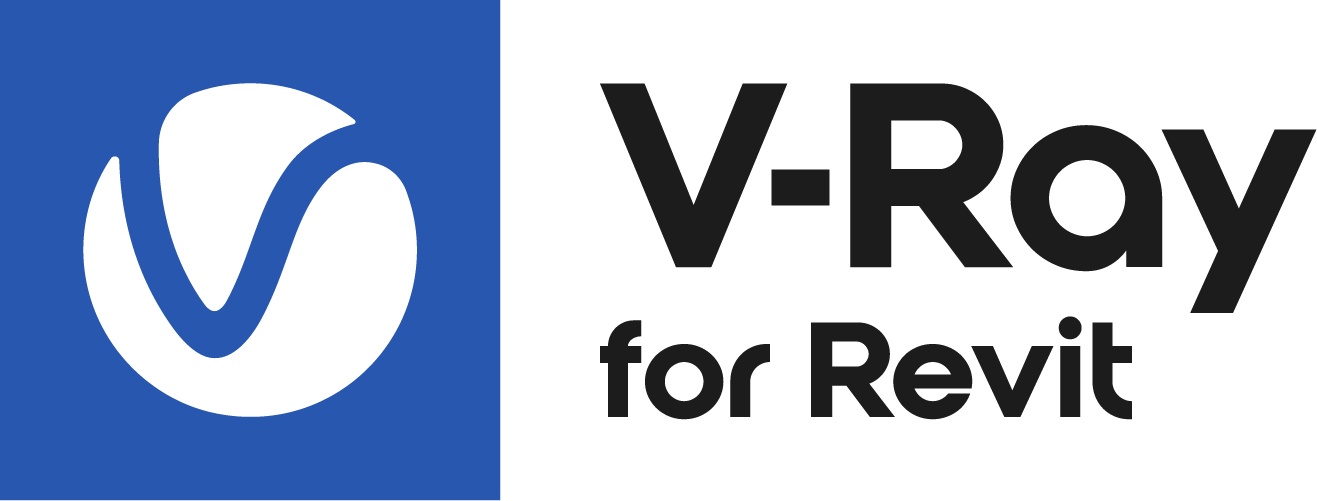This page provides information on the V-Ray Swarm distributed rendering service.
Overview
V-Ray Swarm is the new V-Ray Distributed Rendering manager, the next evolution of V-Ray Distributed Rendering, offering a number of features that make rendering with V-Ray even faster. Currently, V-Ray Swarm is available in V-Ray for Revit, V-Ray for Rhino, and V-Ray for SketchUp. Its interface is accessible by a web browser.
For more detailed information on how to use V-Ray Swarm please refer to the Distributed Rendering page.
All that is needed to dedicate a machine as a V-Ray Distributed Rendering render server, is to install and run V-Ray Swarm on it. V-Ray Swarm discovers and adds machines for rendering, handles the installation of V-Ray Standalone builds on each machine, starts and stops the rendering process, monitors CPU, RAM, and GPU resources per system, and deploys the configuration of V-Ray on all V-Ray Swarm machines with a single click. V-Ray Swarm makes V-Ray Distributed Rendering easier than ever.
The new features that V-Ray Swarm adds to V-Ray Distributed Rendering are:
- Ensures every machine is rendering with the same version of V-Ray.
- Provides the ability to monitor and manage the entire V-Ray Swarm network through a web interface. The percentage of computing power currently being used is adjusted manually and interactively.
- Monitors the state of each computer to make sure that V-Ray is active and ready, and restarts V-Ray if necessary.
- Automatically discovers machines running V-Ray Swarm over the network, eliminating the need to manually input the IP address/hostname of each render server machine.
- Automatically or manually assigns a computer to be the one that controls and manages V-Ray Swarm on the render node machines.
Each machine participating in the render job requires a V-Ray Render Node license. This includes the workstation initiating the rendering process.
V-Ray Swarm does not provide licenses. Instead, each render node must be connected to a V-Ray Online License Server.
